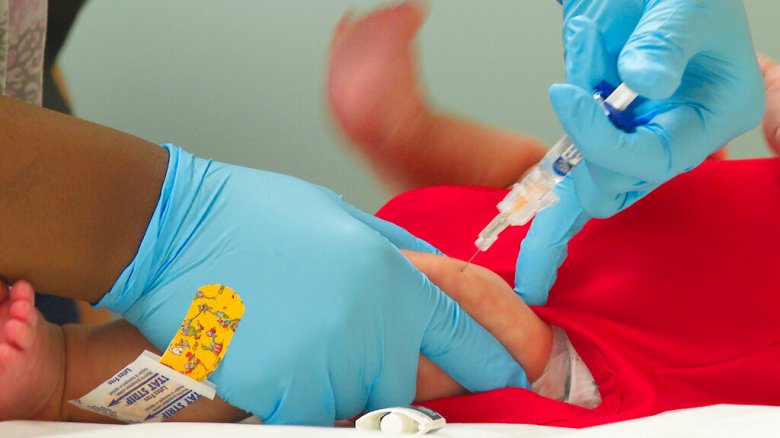Positive data from the Phase III evERA study indicate that giredestrant, in combination with everolimus, significantly enhances progression-free survival (PFS) for patients with estrogen receptor (ER)-positive advanced breast cancer. Conducted by Genentech, a member of the Roche Group, this research reveals a 44% reduction in the risk of disease progression or death in the overall study population, and an impressive 62% reduction among those with ESR1 mutations.
The evERA study evaluated this investigational combination therapy in patients with ER-positive, human epidermal growth factor receptor 2 (HER2)-negative locally advanced or metastatic breast cancer who had previously been treated with a cyclin-dependent kinase (CDK) 4/6 inhibitor and endocrine therapy. This represents a significant milestone as it is the first Phase III trial comparing a regimen containing a selective estrogen receptor degrader against a standard-of-care combination.
Levi Garraway, M.D., Ph.D., Genentech’s chief medical officer, emphasized the critical need for new treatment options for patients who develop resistance to existing therapies. “These study results support the potential for the giredestrant combination to become a new standard-of-care for all patients in this setting,” he noted.
The findings were presented during an oral session at the European Society for Medical Oncology Congress 2025. Genentech plans to share these results with health authorities to expedite access to this promising treatment option.
The study demonstrated a median PFS of 8.77 months in the giredestrant group compared to 5.49 months in the comparator arm for the intention-to-treat (ITT) population. For the ESR1-mutated subgroup, the median PFS was even more pronounced, at 9.99 months versus 5.45 months in the standard therapy group. Both results achieved statistical significance with a p-value of less than 0.0001.
Although overall survival (OS) data are still maturing, early trends suggest a positive outcome, with hazard ratios indicating potential benefits in both the ITT population (HR=0.69) and the ESR1-mutated population (HR=0.62). Further follow-up will be essential as the study continues to gather data.
In addition to the PFS improvements, the giredestrant and everolimus combination also showed enhancements in key secondary endpoints, including objective response rates and duration of response, compared to the control group. The safety profile was manageable, aligning with the known profiles of the individual medications, and no new safety signals were identified.
Breast cancer remains a significant global health challenge, with approximately 2.3 million women diagnosed and 670,000 deaths each year. ER-positive breast cancer accounts for about 70% of all cases, characterized by tumor cells that can proliferate in response to estrogen. As resistance to standard therapies is a common hurdle, innovative all-oral therapies like giredestrant plus everolimus could provide crucial treatment alternatives.
Genentech’s commitment to addressing this critical need is reflected in its extensive clinical development program for giredestrant, which includes multiple Phase III trials across various treatment settings.
The evERA Breast Cancer study, registered under NCT05306340, is designed as a randomized, open-label trial assessing the efficacy and safety of giredestrant in combination with everolimus versus standard-of-care endocrine therapy. It aims to provide evidence for new treatment strategies in a patient population that has historically faced significant challenges.
As the burden of ER-positive breast cancer continues to grow, the need for effective and innovative treatments remains urgent. Genentech’s research efforts aim to meet this need and improve the lives of patients facing advanced stages of this disease.







